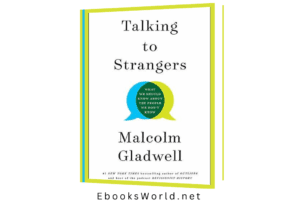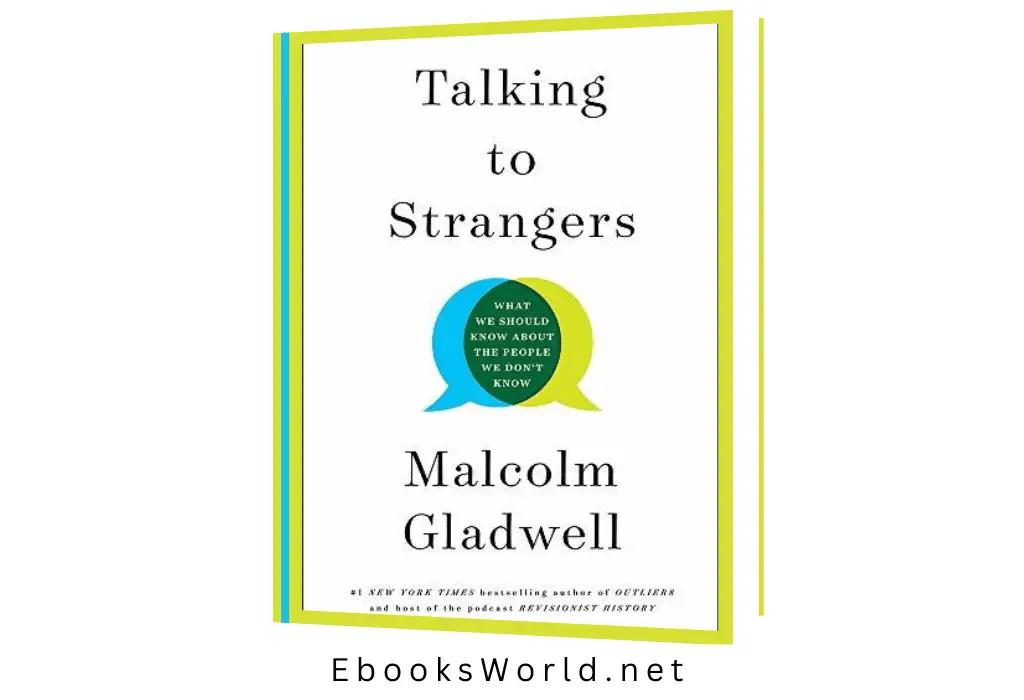Books Review

“Talking to Strangers” is a non-fiction book written by Malcolm Gladwell, published in 2019. The book explores the complexities and challenges of communication between people who are unfamiliar with each other, shedding light on why we often misunderstand and misjudge strangers.
Gladwell delves into several high-profile cases to illustrate how people can misinterpret others’ intentions and behaviors, leading to serious consequences. He introduces the concept of “default to truth,” which is the human tendency to believe what others say unless there is evidence to the contrary. This can lead to situations where individuals trust people they shouldn’t or fail to recognize deception.
The book also discusses the concept of “transparency,” which refers to the idea that people’s emotions and intentions are often evident through their facial expressions and body language. However, Gladwell argues that this transparency can be misleading, citing examples such as the Amanda Knox case and the trial of Bernie Madoff.
Gladwell explores the case of Sandra Bland, a woman who died in police custody after a routine traffic stop escalated. He examines how the misunderstanding between Bland and the police officer might have arisen due to their inability to accurately interpret each other’s behavior and intentions.
The book also addresses the case of Jerry Sandusky, a former Penn State football coach convicted of child molestation. Gladwell uses this case to discuss how people’s biases can cloud their judgment, causing them to overlook signs of wrongdoing or misinterpret innocent behavior.
Throughout the book, Gladwell emphasizes that our ability to accurately judge strangers is often hindered by our biases, assumptions, and incomplete understanding of human behavior. He suggests that the key to improving communication with strangers lies in being aware of these limitations and adopting a more cautious and thoughtful approach.
In essence, “Talking to Strangers” prompts readers to rethink their assumptions about human interaction, encouraging them to question their default reactions and consider the factors that contribute to misunderstandings and misjudgments in various contexts.







